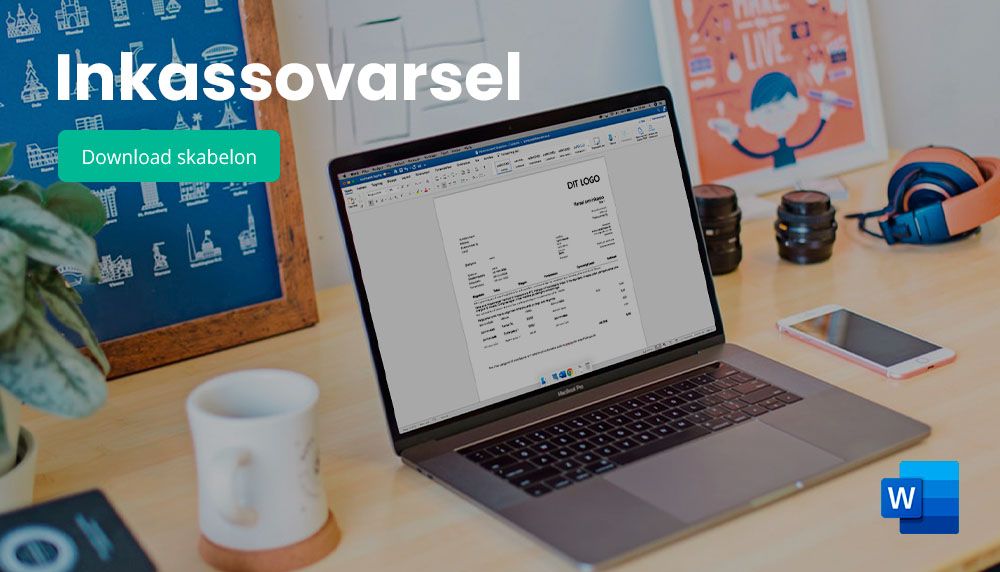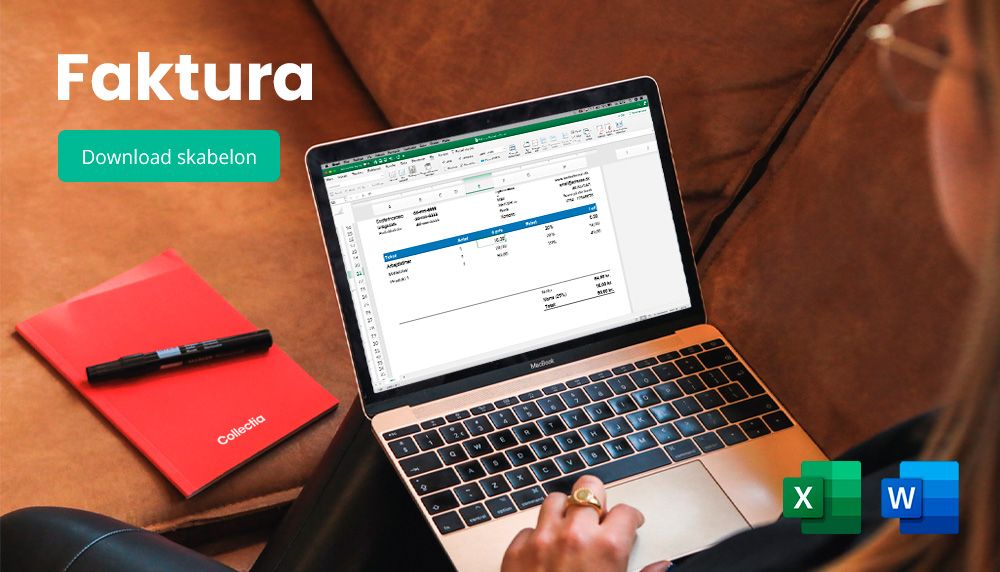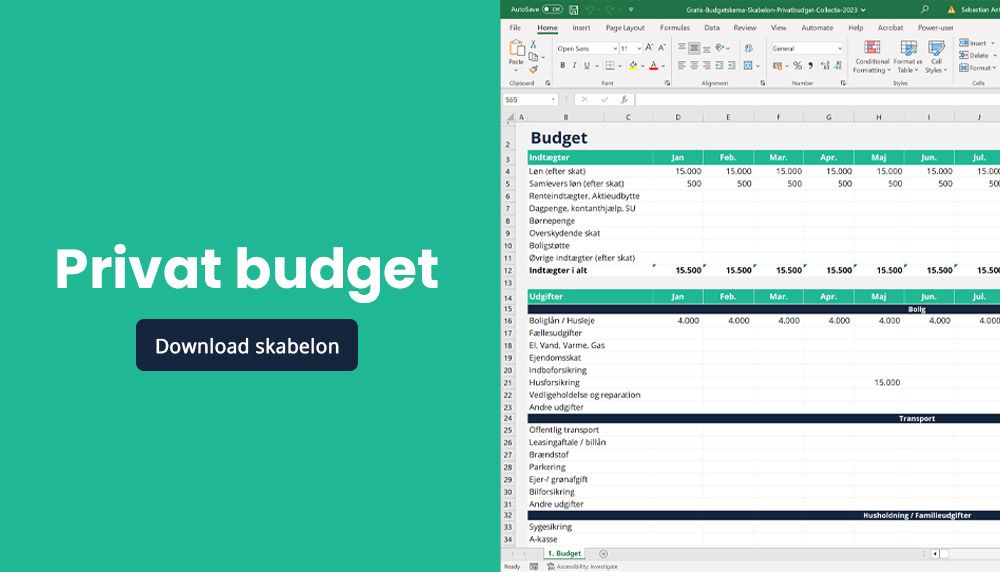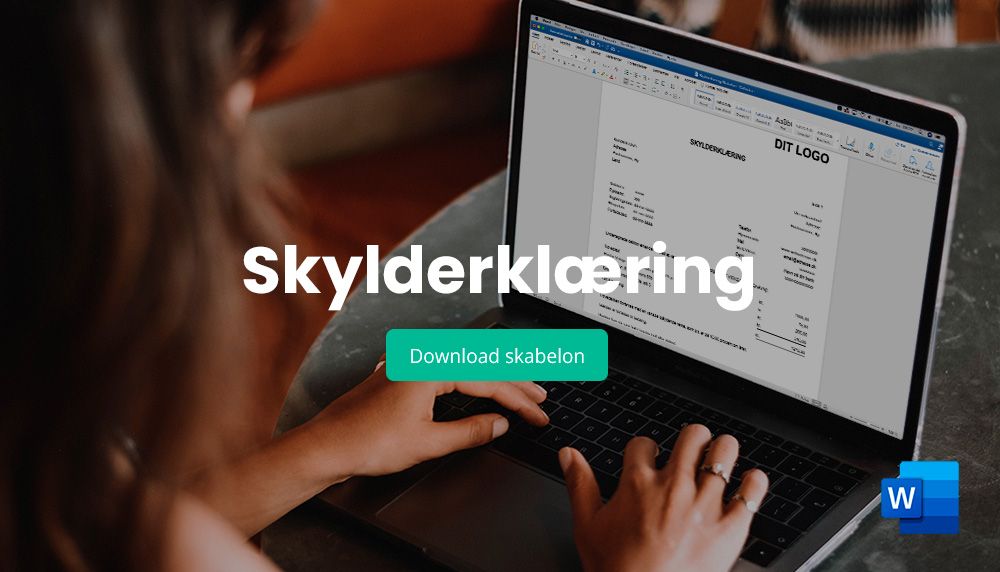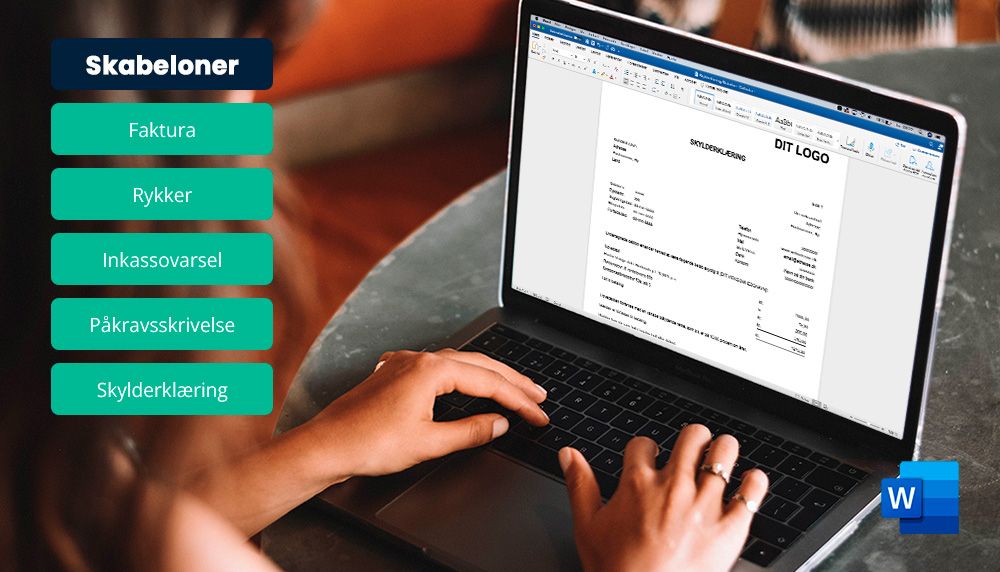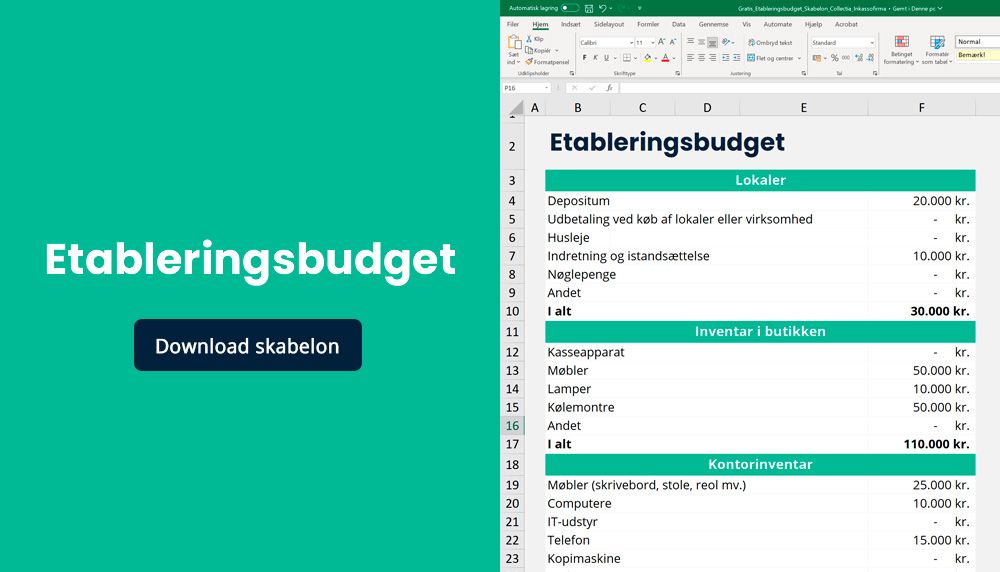
Limitation of debts
When do debts become time-barred? And can you as a debtor do anything to extend and interrupt this limitation period?
In this article, we take a closer look at the statute of limitations of debts and when you as a business owner (creditor) can no longer do anything to collect the debt.
If your debt becomes time-barred, it is legally lost and you lose your claim - fortunately, it is possible to extend (interrupt) the limitation period.
Read also:
When do debts become time-barred?
As a general rule, all debts become time-barred after 3 years, for example those arising from an unpaid invoice - or similar claims that typically do not have a signed document behind them.
In the case of other debts, such as those obtained on the basis of a foundation, a judgment in the enforcement court or civil court, a signed settlement, a voluntary settlement or other legal loan agreement where both debtor and creditor have signed the agreement - a limitation period of 10 years applies.
Most loan documents are designed to expire after 10 years - like a bank debt, for example.
When does the limitation period start?
In practice, under normal circumstances, the start of the limitation period is calculated from the date of the due date, for example, the due date of an invoice or the due date of a loan or similar.
However, the legal definition of the start of the limitation period is somewhat more complicated - and the starting point is Section 2 of the Act on the Limitation of Claims(Limitation Act). The Limitation Act states that the limitation period starts "from the earliest point in time at which the creditor could demand that the claim be satisfied". In other words, the start of the limitation period is usually calculated from the date on which it could be expected that the invoice was paid (the payment deadline).
What are the consequences of being a parent in debt?
parent's debt and you, as a creditor, have not actively done anything to extend (interrupt) this limitation period. The consequence of this is that you can no longer legally do anything to get your claim paid. In other words, the claim is time-barred and therefore legally lost.
Neither lawyers, debt collectors nor courts can do anything once your claim is time-barred. In other words, if you have an invoice older than 3 years and the limitation period has not been interrupted - the claim is time-barred and should be credited and considered lost.
Can the limitation period be interrupted (extended)?
Yes, whether your claim is time-barred after 3 or 10 years, the limitation period can be extended - legally referred to as interruption of the limitation period.
As a creditor, you can interrupt the statute of limitations yourself with a promissory note, a demand for payment through the enforcement court, civil court or get a debt collection company or lawyer to help you.
When should debts be recovered?
All debts that are not time-barred can, and should, be recovered.
However, our recommendation as a debt collection company is that you as a creditor actively do something to get your outstanding debt back - and that you take action as early as possible in the process; debt collection in the form of self-collection, debt collection with the help of a debt collection company or debt collection through a lawyer.
In our experience, the longer it takes from the payment deadline until you actively take action, the less likely you are to get your money back.
Help to interrupt the statute of limitations on your debts?
At Collectia, we help thousands of small and large companies every day with their unpaid invoices through effective debt collection - and of course also with assistance to interrupt the debt so that you can continue or start the recovery.

